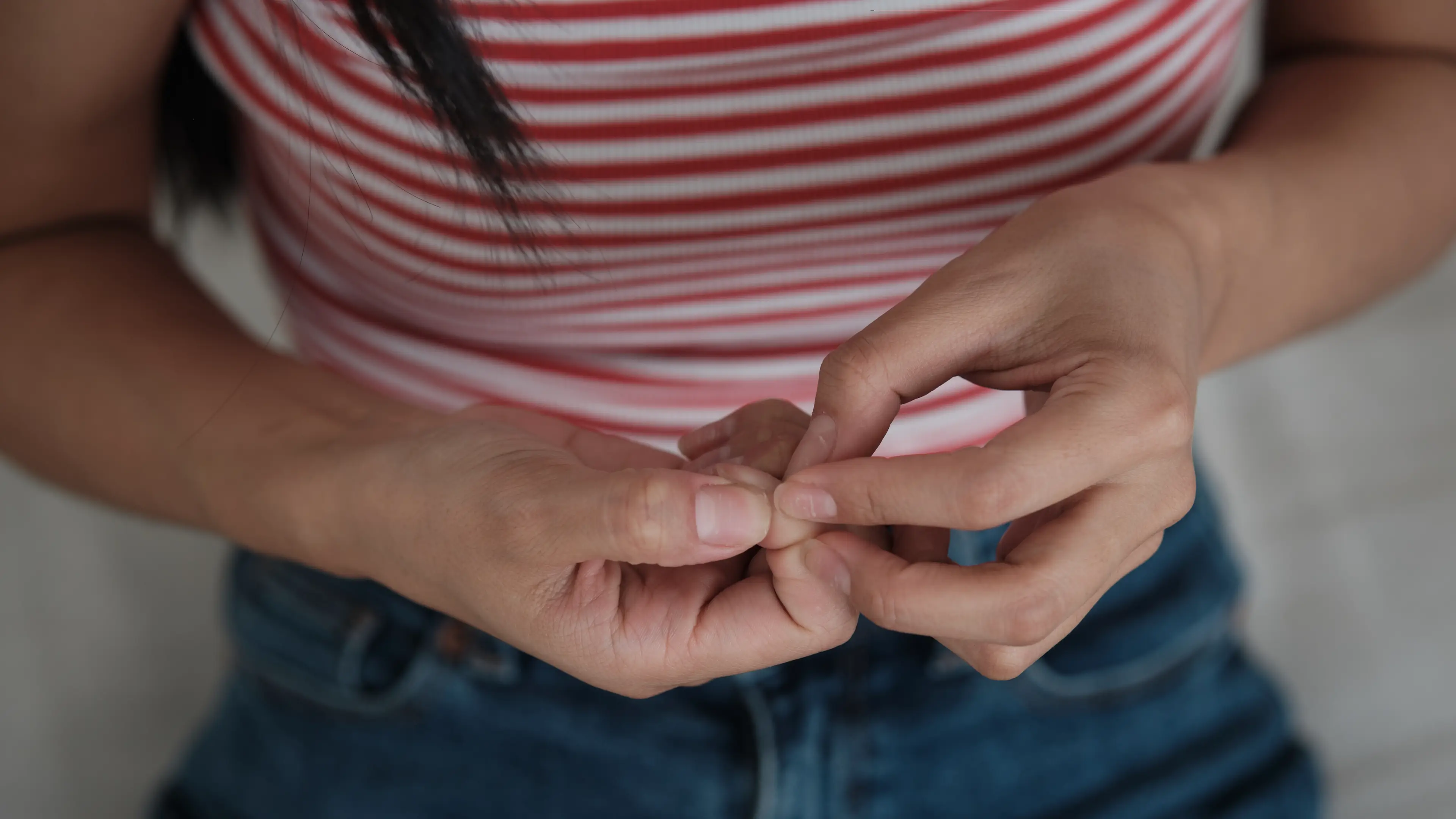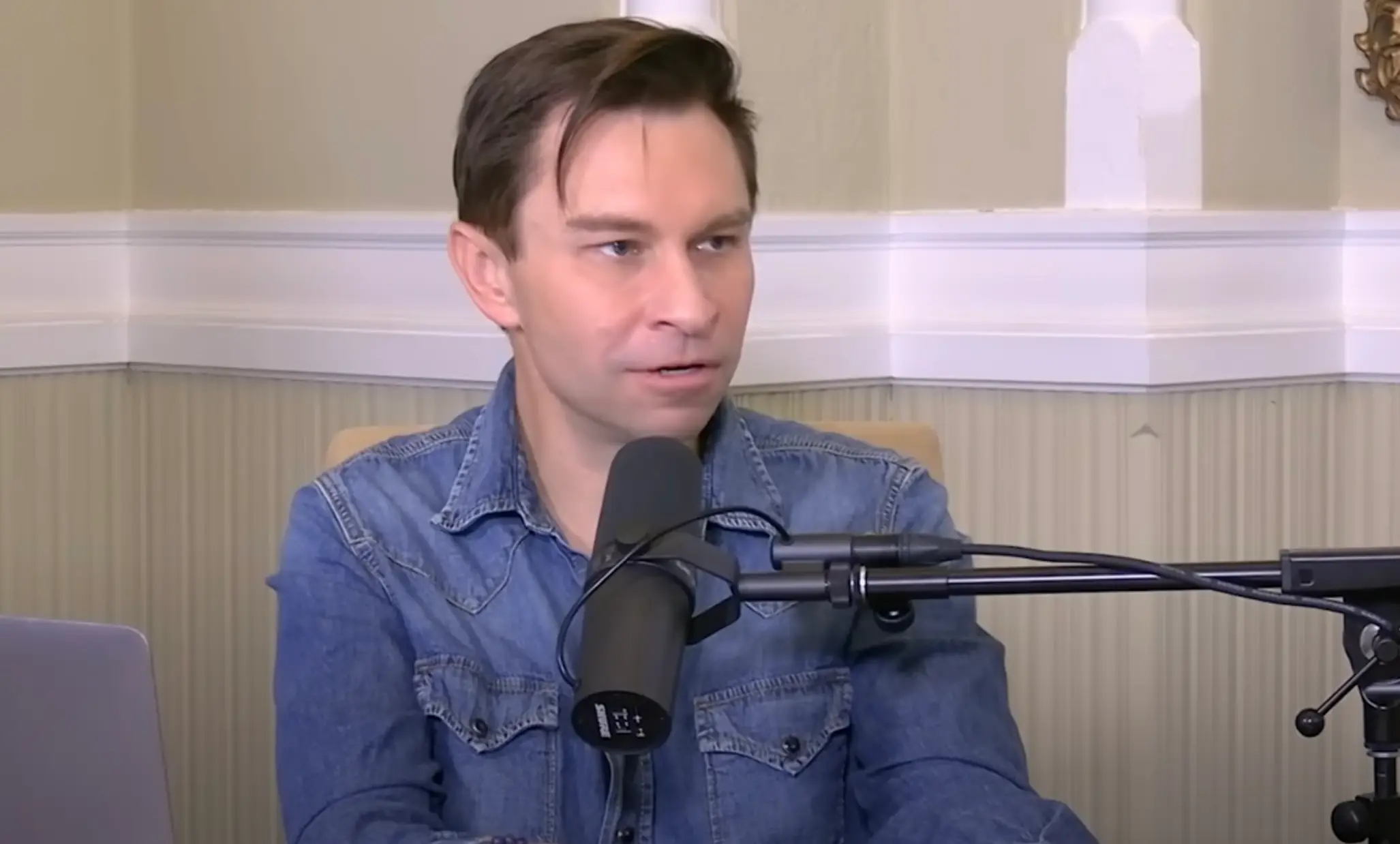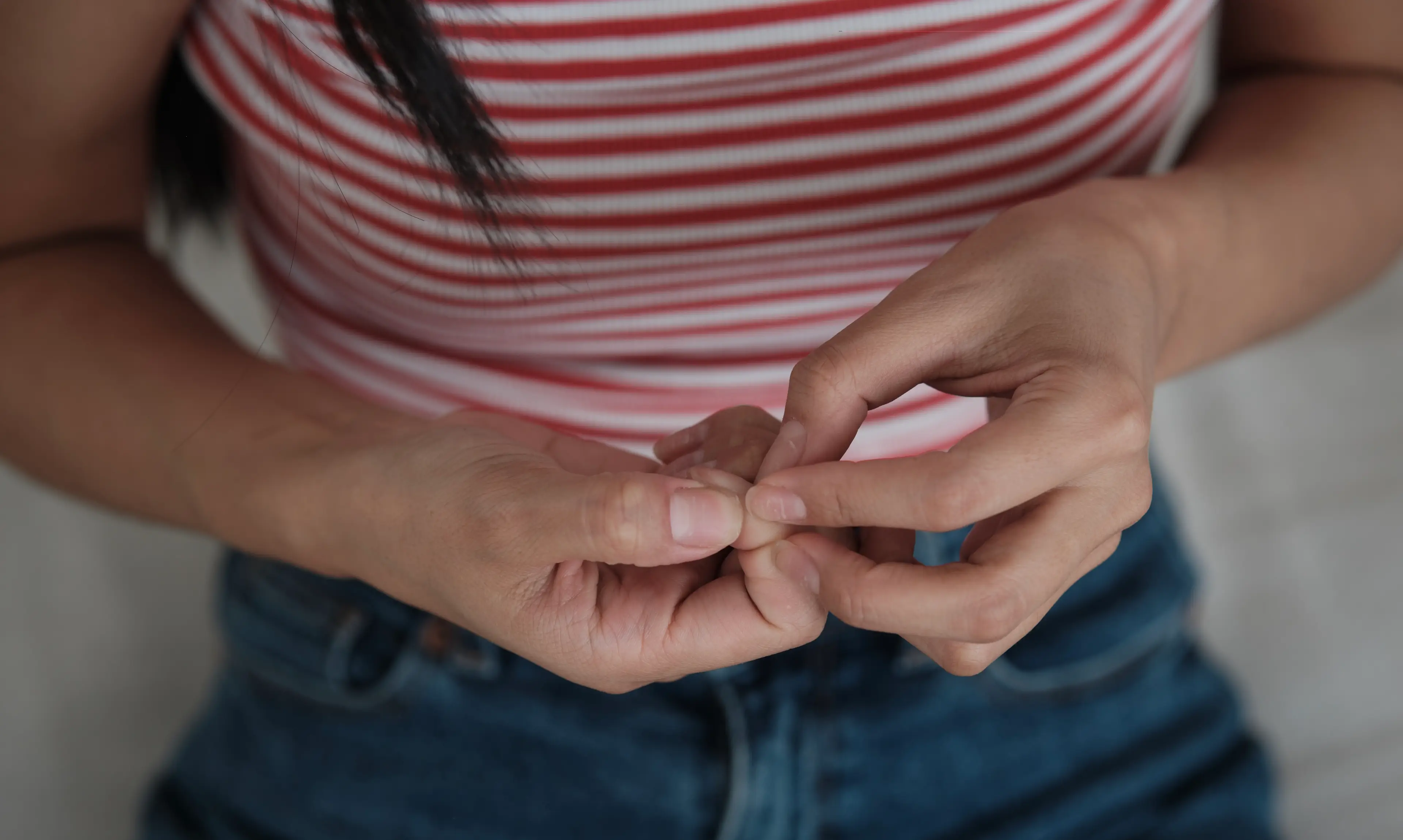
Unless you're someone who can't live without a mani-pedi every few weeks, you probably don't pay that much attention to your fingernails.
But it turns out that your talons could actually give you a good idea of how much life is left in you, according to this top longevity doctor.
Dr David Sinclair is something of a legend in the world of genetics and he's famed for his research into why we age and how we can slow the effects of the hands of time.
Advert
He's been teaching aging biology and translational medicine at Harvard Medical School since 1999, so he certainly knows his stuff about growing old.
The Australia-born academic, 55, has now revealed that you can gain an insight into how much fuel is left in your bodies proverbial tank by simply keeping an eye on your fingernails.
"The rate of your nail growth is a really good indicator of how you’re aging or not aging,” Dr. Sinclair said recently during an episode of his Lifespan podcast.
"Every time I have to cut my nails, I’m thinking, 'How long ago did I cut my nails?'"
He explained that the health of your nails can tell you a lot about the rate at which your body generates new, healthy cells - and the quicker this takes, the better.

According to Dr Sinclair, speedy cell turnover translates to you having a younger biological age, as while you're maturing in life, this process slows down.
"It's all born from a study from 1979, where they glued on these little measuring tapes onto people's nails and measured them over years," the expert said.
The research found that the weekly rate of fingernail growth decreased by around 0.5% each year after the participants turned 30.
"And actually, looking at thousands of people, we now know for sure that the rate of nail growth decreases [by] about half a percent per year," Dr Sinclair went on.
"If you measure that, it's a really good indicator of how old you are biologically."
Dr Sinclair admitted that although he doesn't currently measure his, he does 'pay attention to whether my nails are slowing down in their growth or not'.

His co-host Matthew LaPlante admitted he didn't keep track of the length of his fingernails either, saying: "I bite my nails, which I know is a terrible habit."
Essentially, the science suggests that if your nails are still growing quickly in comparison to other people your age, you're probably ageing at a slower rate than them.
So, give yourself a pat on the back if you've got a decent pair of claws on you.
As you get older, your body produces less keratin, causing your fingernails to become a bit more fragile, according to Dr Michelle Henry, the founder of Skin and Aesthetic Surgery of Manhattan.
She previously told Huff Post: "As we age, our bodies start to produce less of the natural proteins found in nails, which can lead to nails becoming more brittle, dry, and prone to breaking.
"These keratin proteins are also found in our hair follicles, which is why we may also see a change in our hair texture as we age."